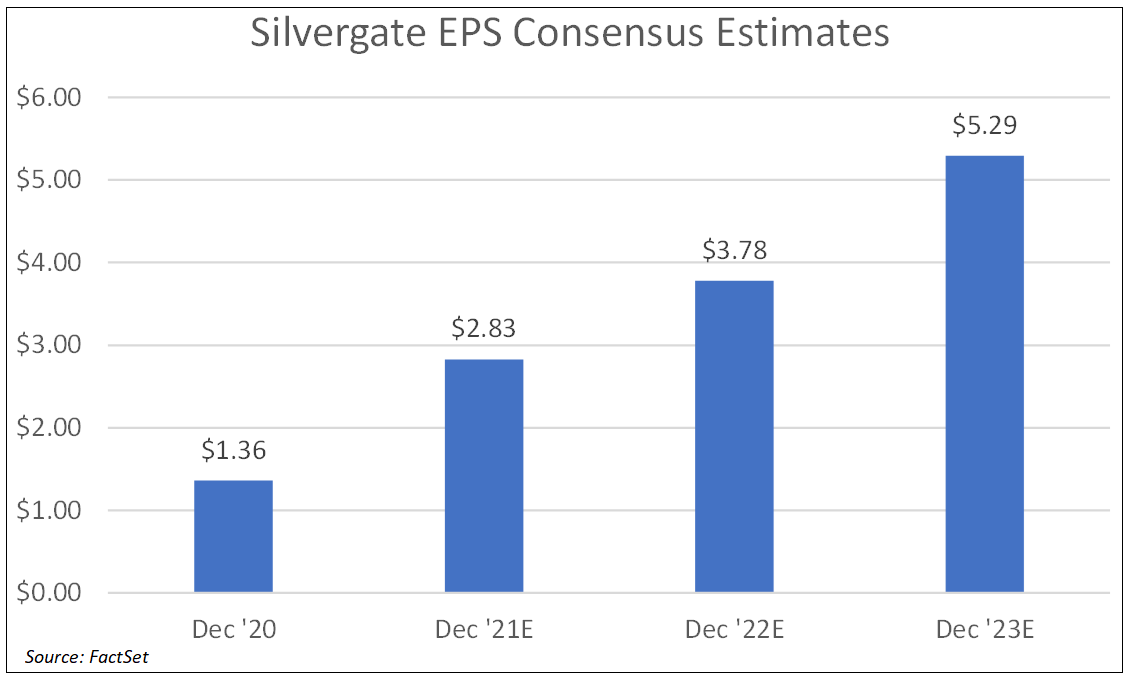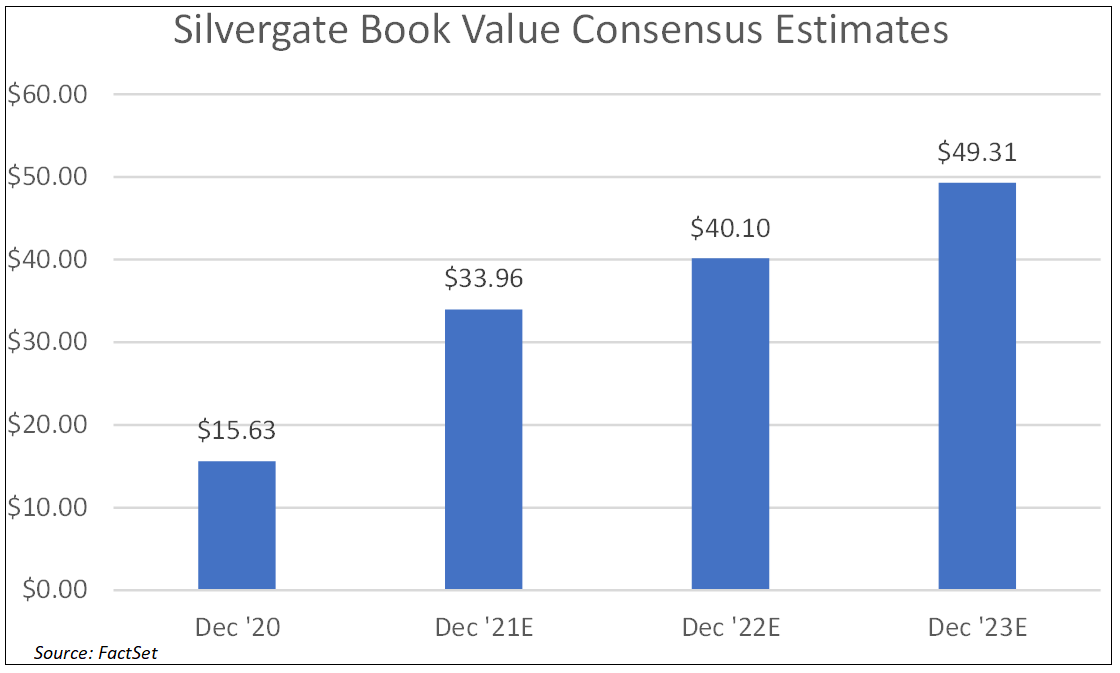S&P 500 struggles for direction as investor await inflation data
We examine how banks are moving in on a patch of fintech turf: cryptocurrencies.
At first glance this appears to be counterintuitive. There are several aspects of cryptocurrencies that one might expect to put banks off: the legal and regulatory uncertainty and price volatility (excluding stablecoins) to name but two.
Banks and Investors Appear to Be Embracing Bitcoin
These remain risks, but banks are nonetheless wading into the crypto market. In March, Morgan Stanley (NYSE:MS) opened up three bitcoin funds to individual investors with at least $2 million in assets with the bank and institutions with at least $5 million with the bank. Wells Fargo (NYSE:WFC) followed suit in May. In June, JP Morgan also began offering bitcoin funds, and in a move that seems likely to be emulated, made the funds available to all clients.
These steps come in response to both individual and institutional customer demand and after successful hedge fund investors Stan Druckenmiller and Ray Dalio both described bitcoin as a digital version of gold in terms of its function within a portfolio, i.e. as an asset class to which investors seek exposure.
However, it is one thing for cryptocurrencies to be embraced by hedge fund managers. It is quite another for them to be embraced by bulge bracket banks. Banks are highly regulated, which means these moves tell us (at least) two things. The first is that some bankers themselves see some merit in cryptocurrencies and the second is that so do bank regulators. If the Federal Reserve, Federal Deposit Insurance Corporation, Department of the Treasury, or any other agency had suggested even mild disapproval, then it is highly unlikely that any bank—but especially the bulge bracket banks—would be going down this road.
Sitting just outside the bulge bracket segment, U.S. Bancorp announced several cryptocurrency initiatives in April, although these were less attention-grabbing as they were centered on custody and general distributed ledger efforts.
Smaller Banks Want in On the Action
Some even bolder crypto strategies are percolating at smaller banks. The most notable case, at least in the U.S., is Silvergate Capital Corp (NYSE:SI). The bank’s Silvergate Exchange Network enables around-the-clock, real-time U.S. dollar-cryptocurrency conversion, as well as facilitating real-time stablecoin mint/burn transactions. Silvergate also provides cryptocurrency custodial services, as well as loans collateralized by bitcoin.
The fact that bank efforts in the world of cryptocurrencies mostly range from “embryonic” to “vaporware” means that there is little hard data to judge their success. FactSet consensus analyst estimates for Silvergate’s earnings and book value do, however, offer some insight into how analysts who follow the company are thinking about Silvergate’s achievements and outlook.
With most of 2021 already in the books, the consensus expectation is for earnings per share (EPS) to more than double this year and to nearly quadruple in the three-year period ending December 2023.

At the same time, Silvergate’s book value is on track to double this year and more than triple in the 2021-2023 period.

A business capable of producing such results tends to attract rivals. California-based Silvergate faces an imposing New-York-based one in the form of Signature Bank. Signature was already a large and successful business bank, so cryptocurrency is unlikely to have the dramatic impact on earnings that Silvergate is seeing. However, Signature has rolled out its own blockchain-based payments platform, Signet, and is also now making loans collateralized by bitcoin.
At a recent conference, Signature CEO Joe DePaolo offered some details about how the bank expects to lend profitably against an asset as volatile as bitcoin. Signature applies the sort of vigilance about loan-to-value (LTV) normally associated with brokerage margin accounts. Loans may be made up to an LTV of 40%; should the LTV rise to 60%, the borrower effectively gets a margin call; should the LTV hit 70%, the bank reserves the right to liquidate the collateral.
Banks vs. Fintechs
While banks appear to be playing more crypto offense, they retain the now familiar litany of disadvantages compared to non-bank upstarts: they are more regulated, less nimble, and have less scope to endure near-term losses for long-term gains.
Historically, banks’ answer to these challenges has largely been “If you can’t beat ‘em, buy ‘em.”
But can banks absorb crypto competitors? Banks considering acquiring fintechs, crypto-related or otherwise, face much worse dilution than from bank acquisitions, since such acquisitions tend to bring comparatively low earnings and even less in the way of book value. Even if the finances can be made to work, an even less soluble problem is that the people with the talent and ambition to build an attractive cryptocurrency business are not necessarily going to be happy working at a more traditional bank.
Conclusion
Ultimately, the experience of banks in the world of cryptocurrencies merits attention as a bellwether for two important trends. One trend is institutional acceptance of cryptocurrencies. The larger-and-more-powerful-than-ever bank regulatory apparatus means that bank strategies are telegraphing a level of acceptance not just by financial institutions, but by political ones.
The second trend is the banking industry’s habitual defense of its business model against potential disruptors. Crypto is one area where banks are well positioned to compete, so any failure here could be a window into the struggles facing them in other areas.
